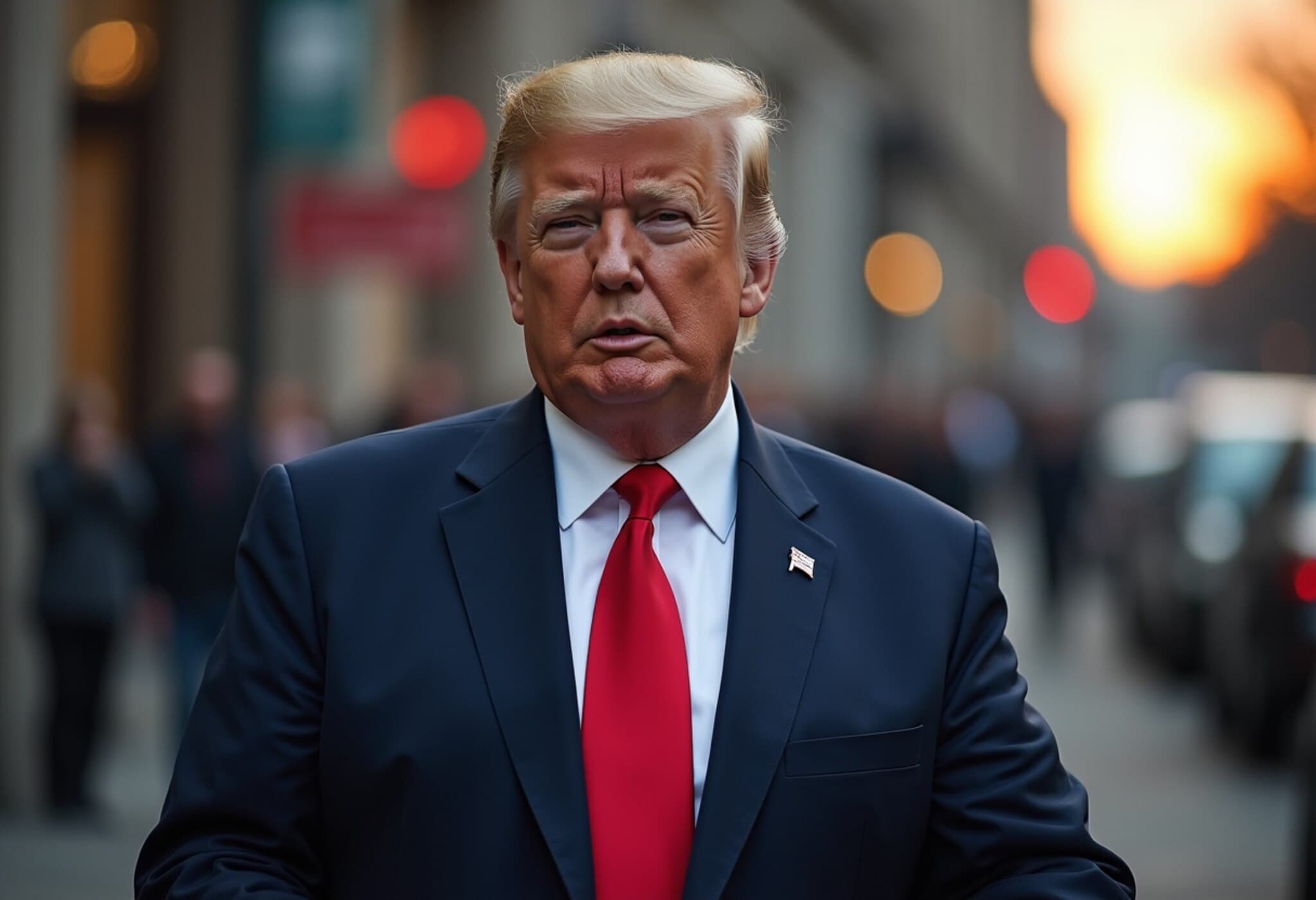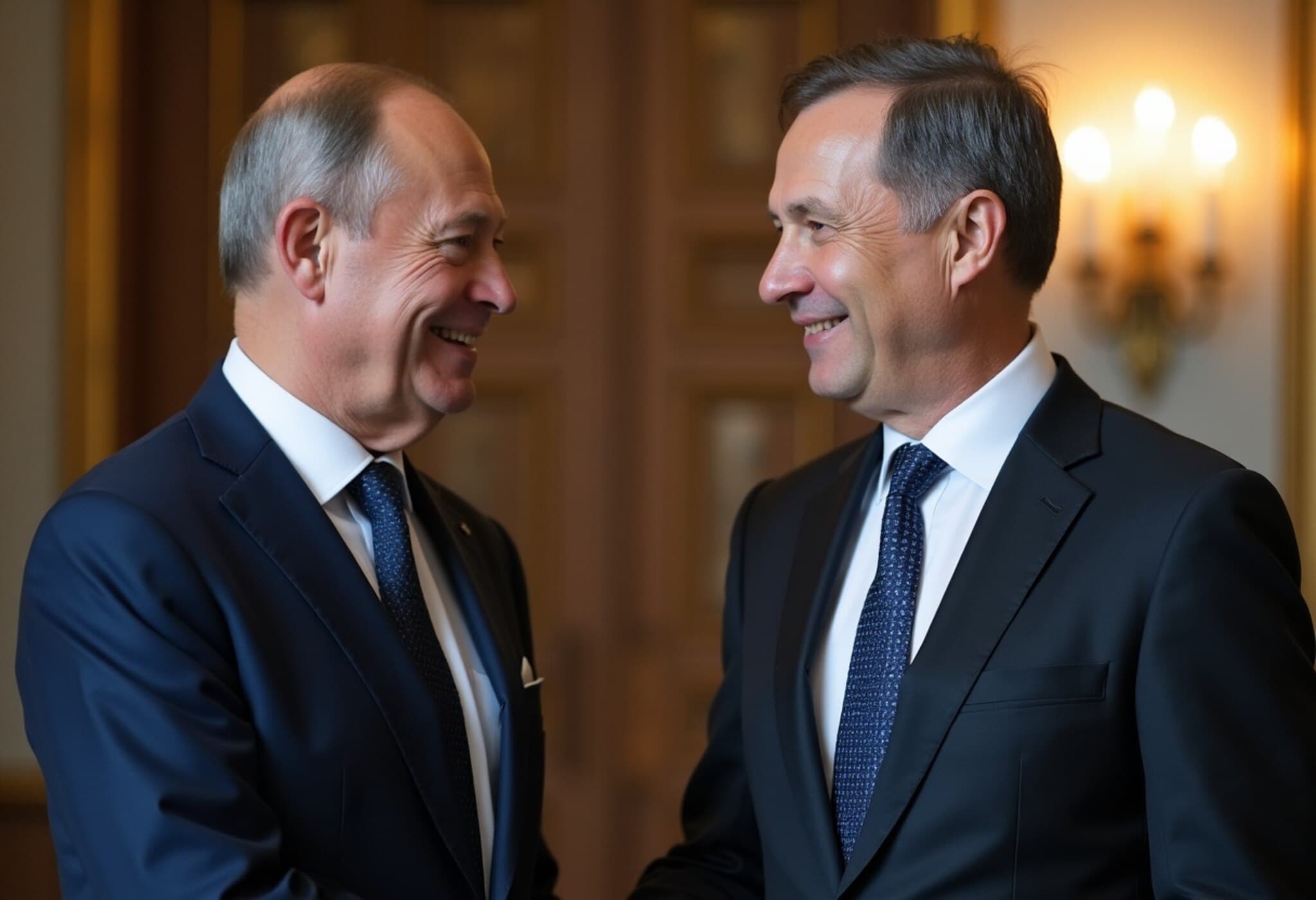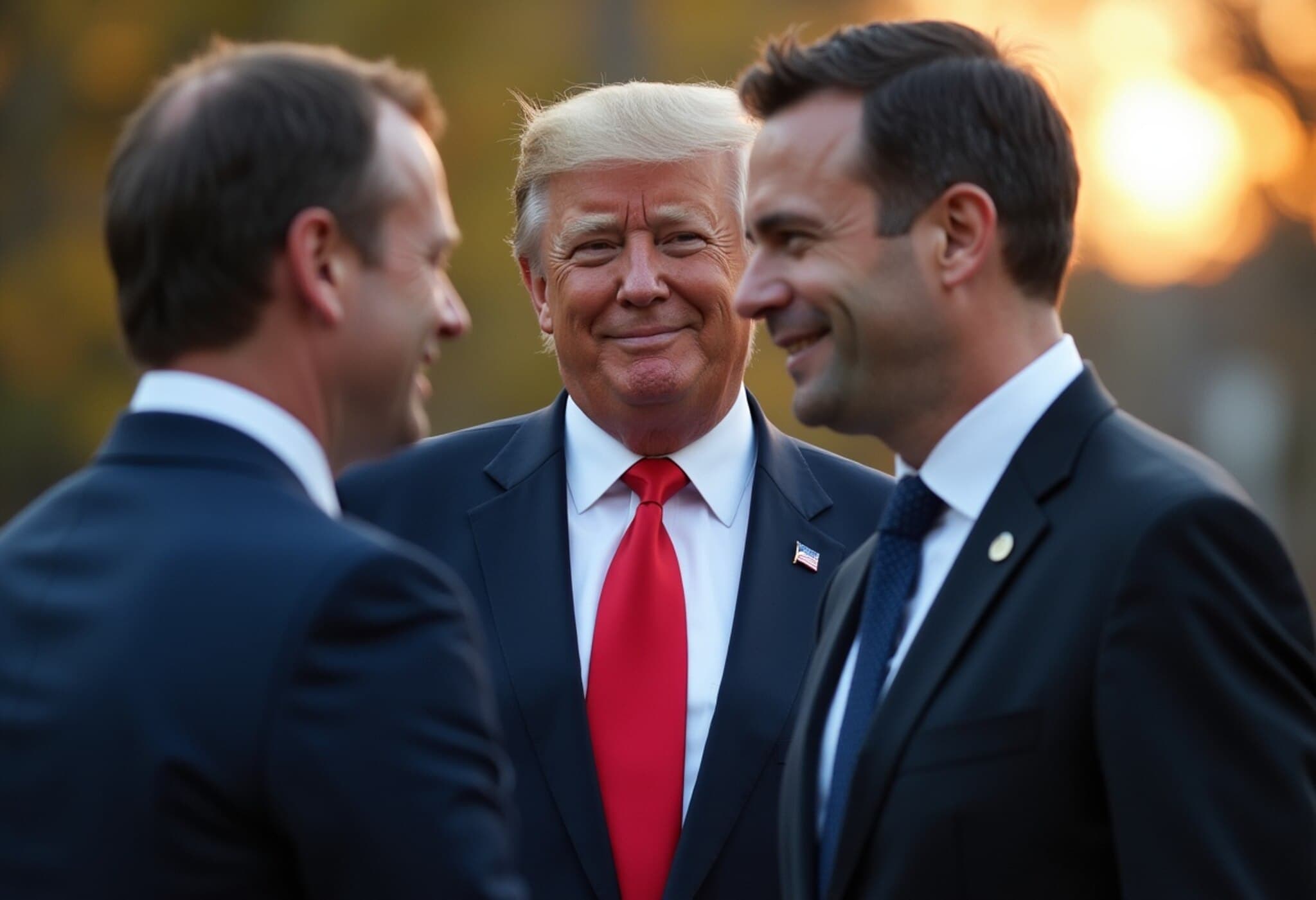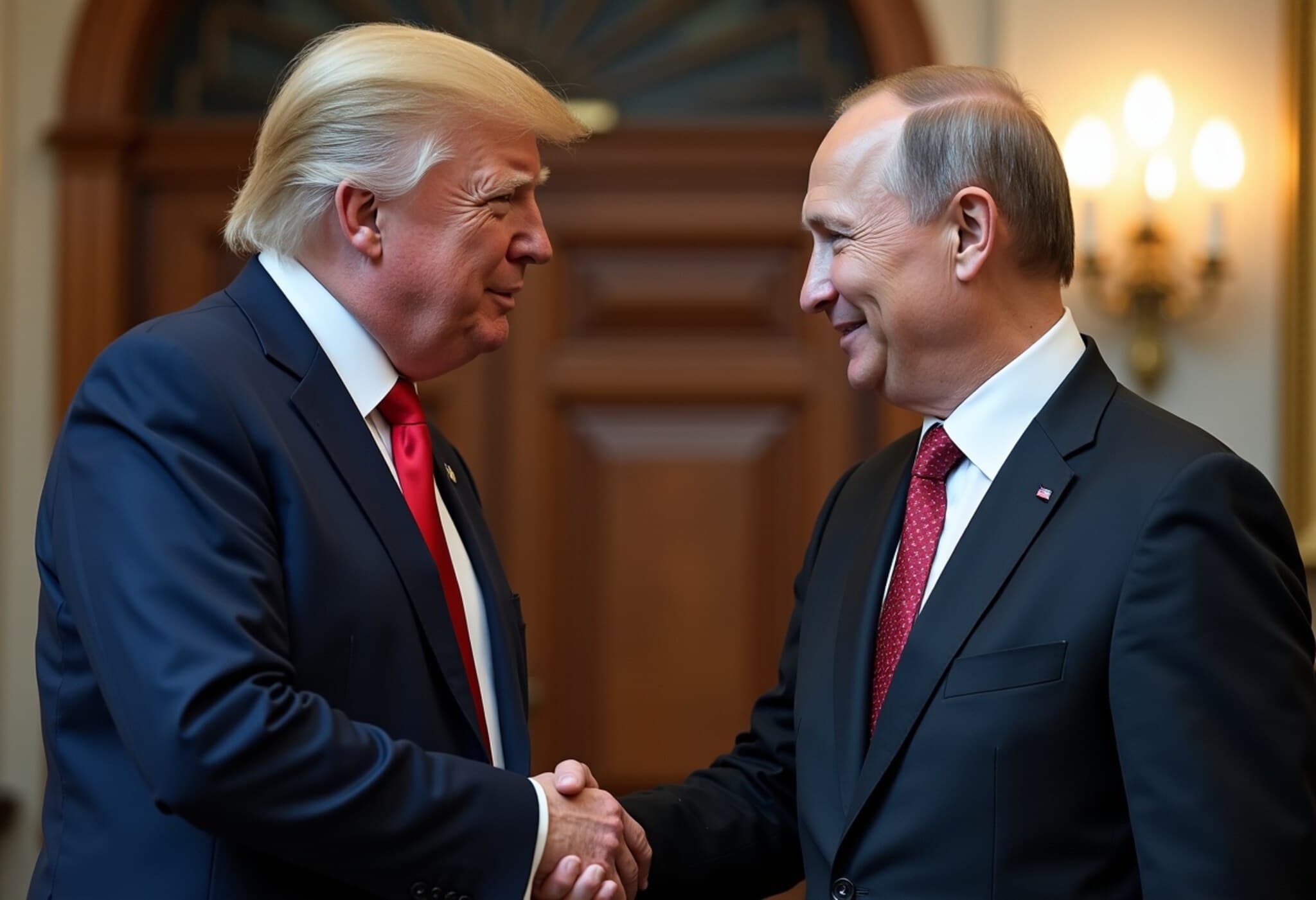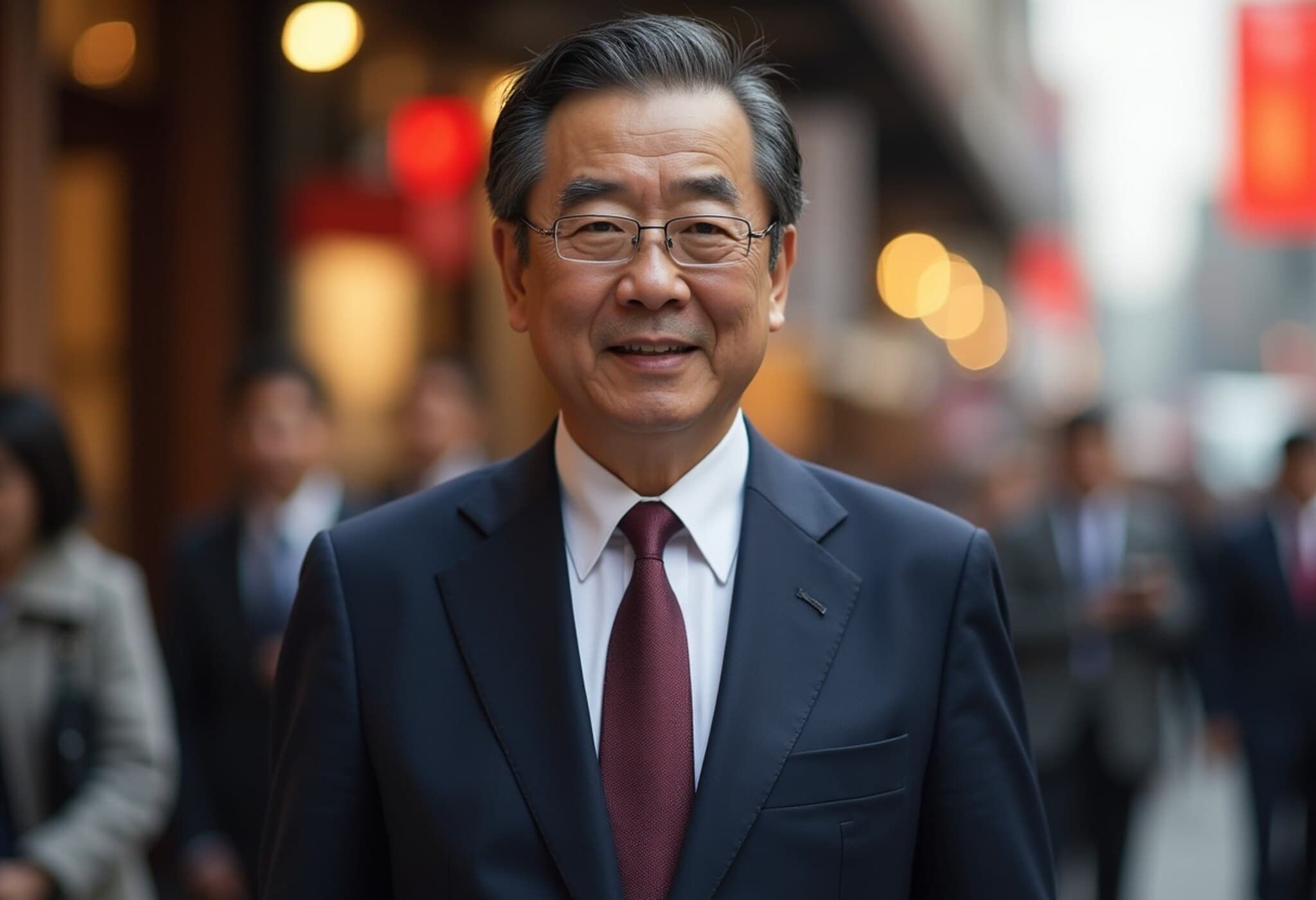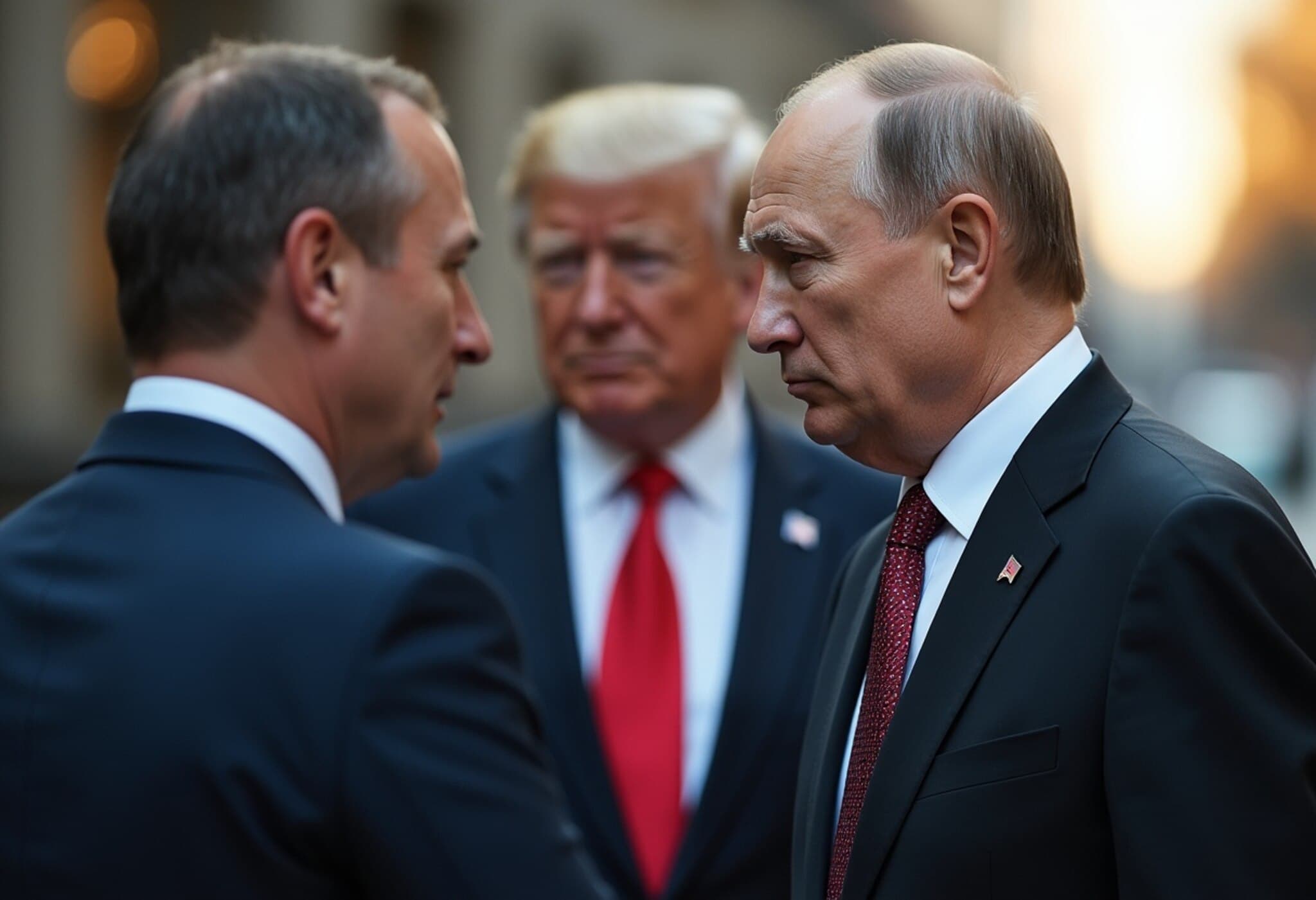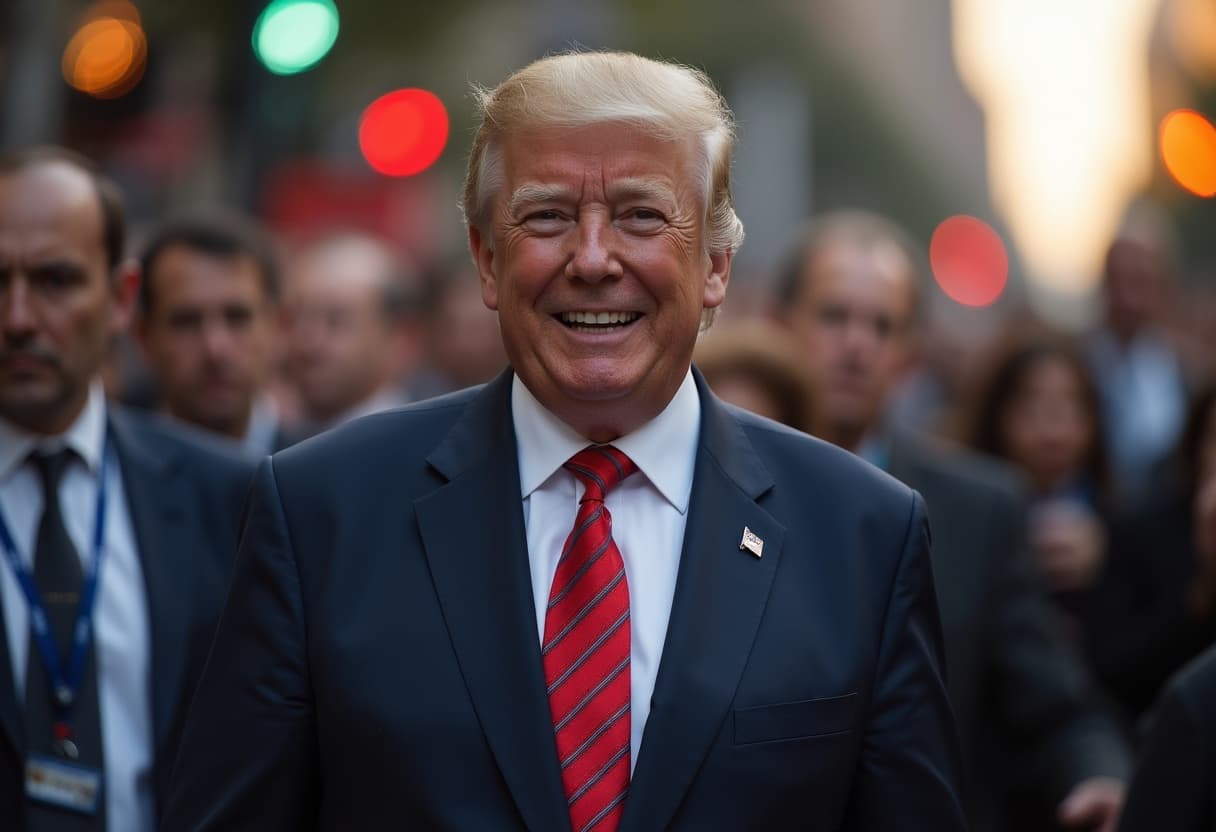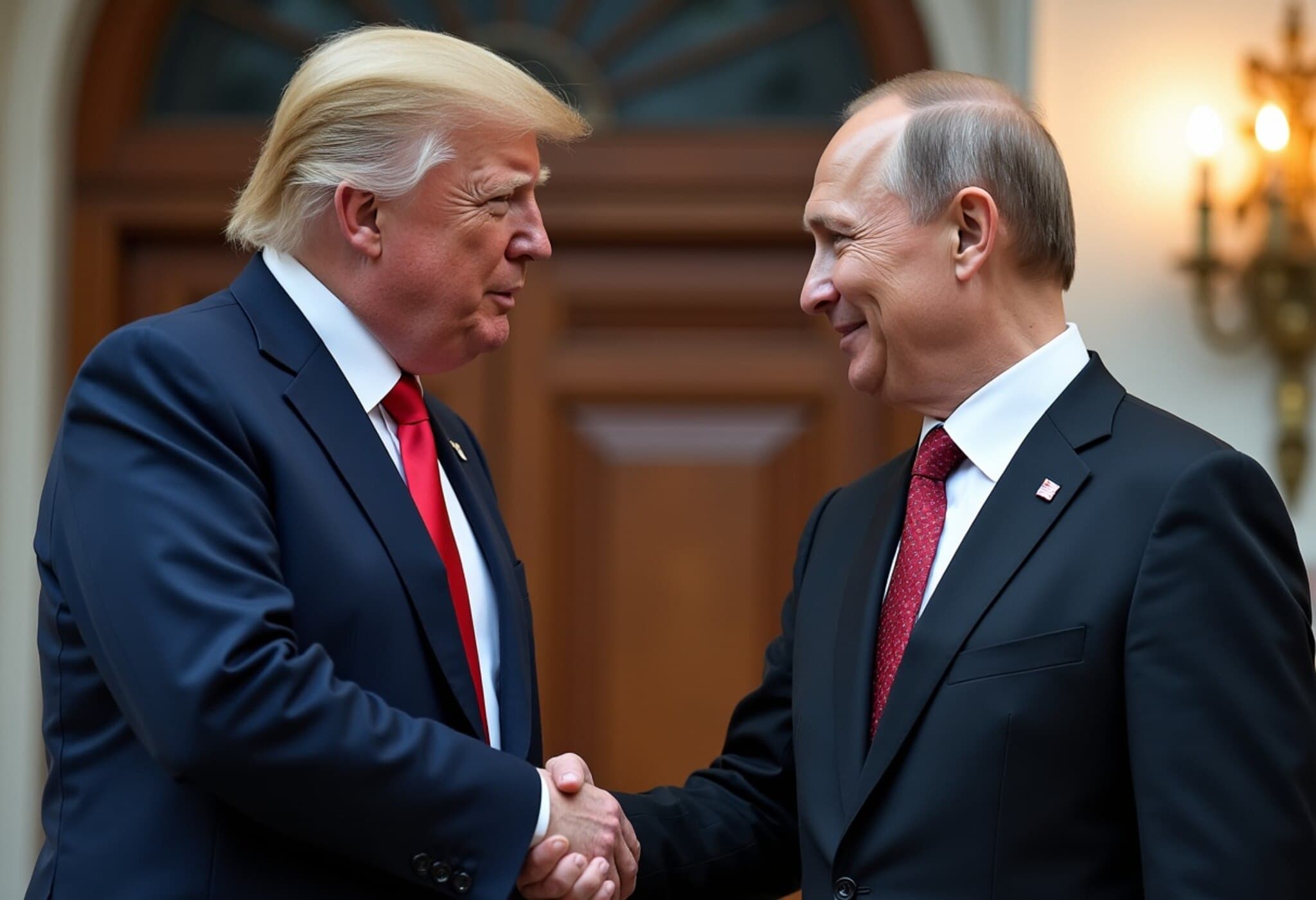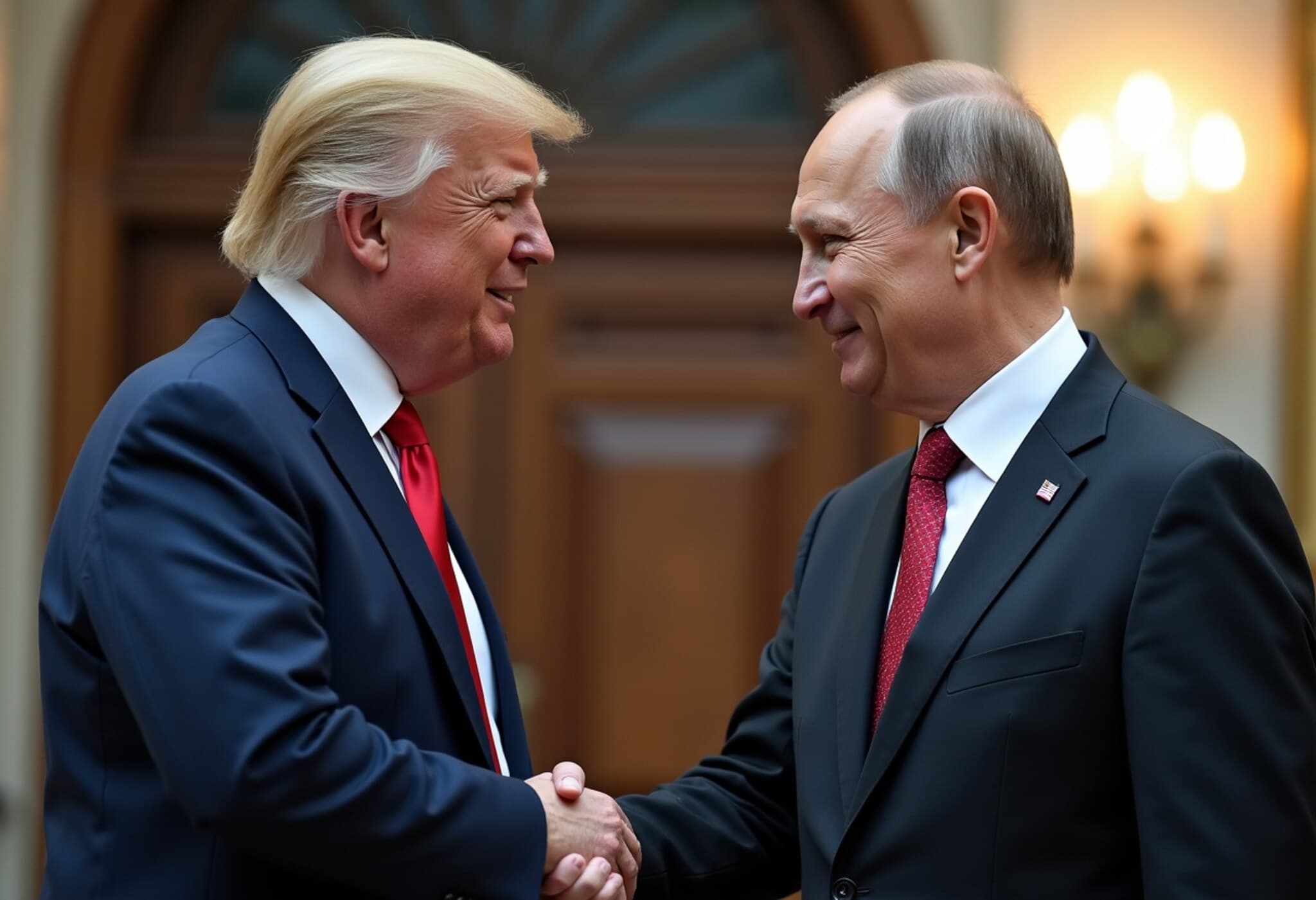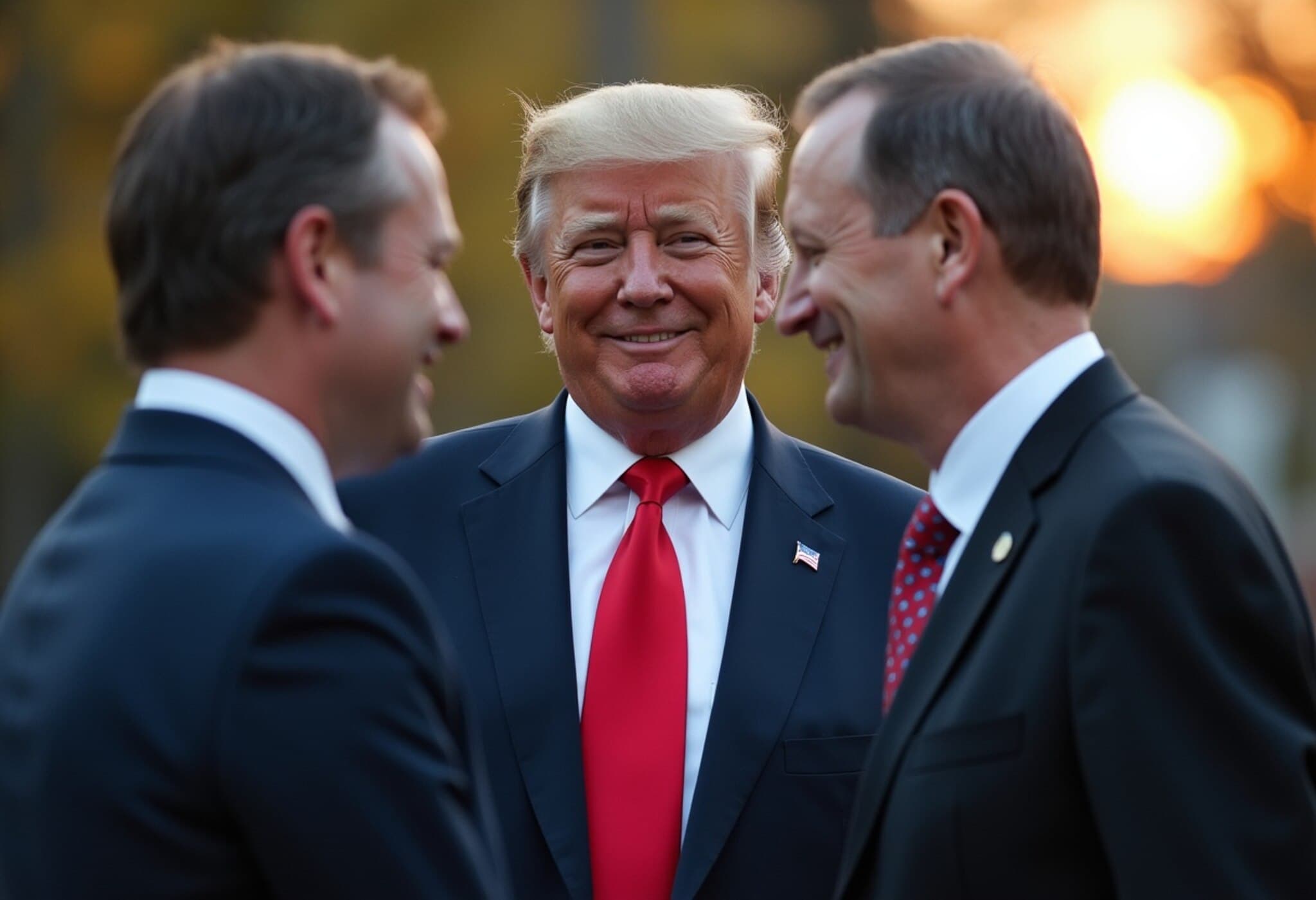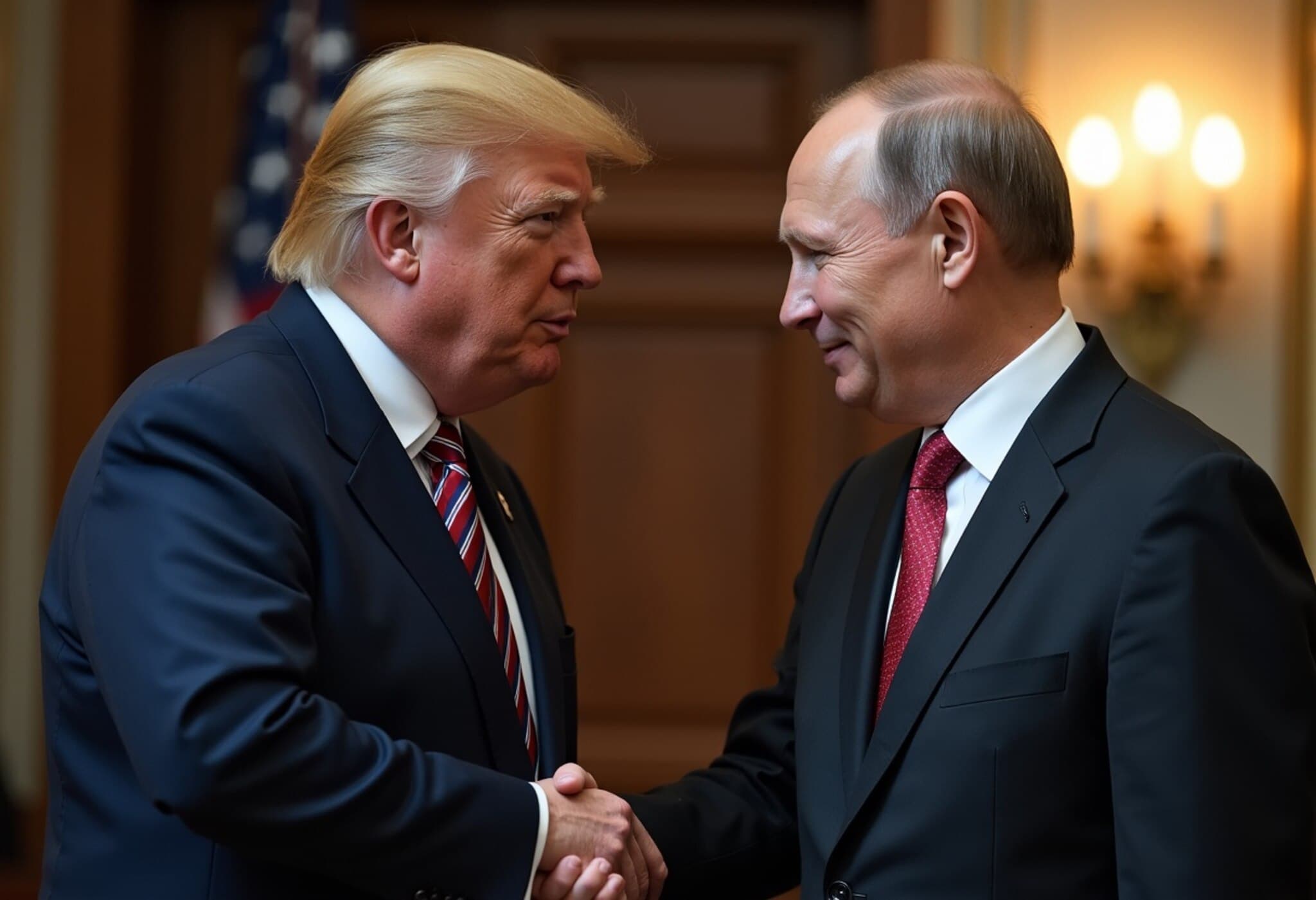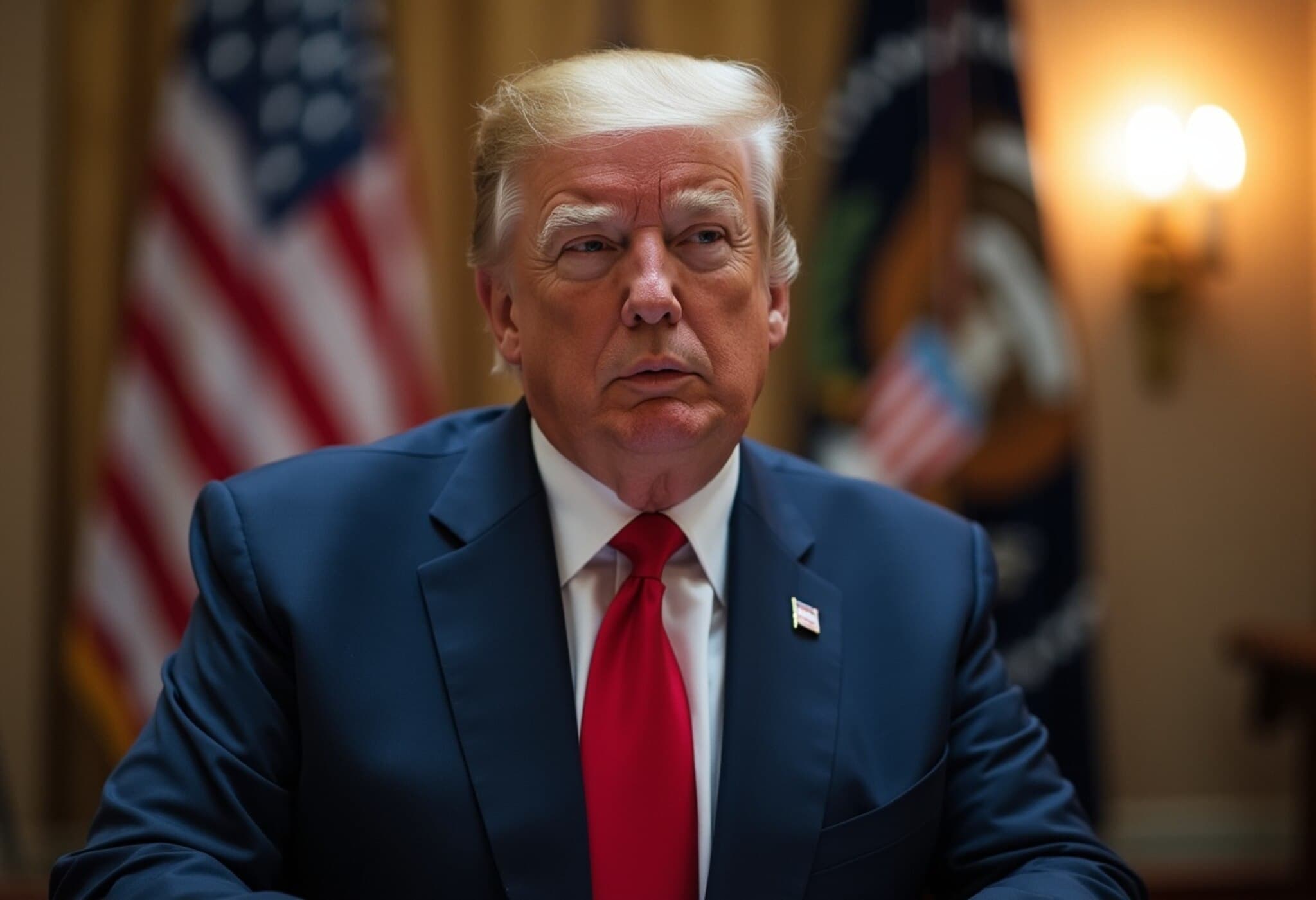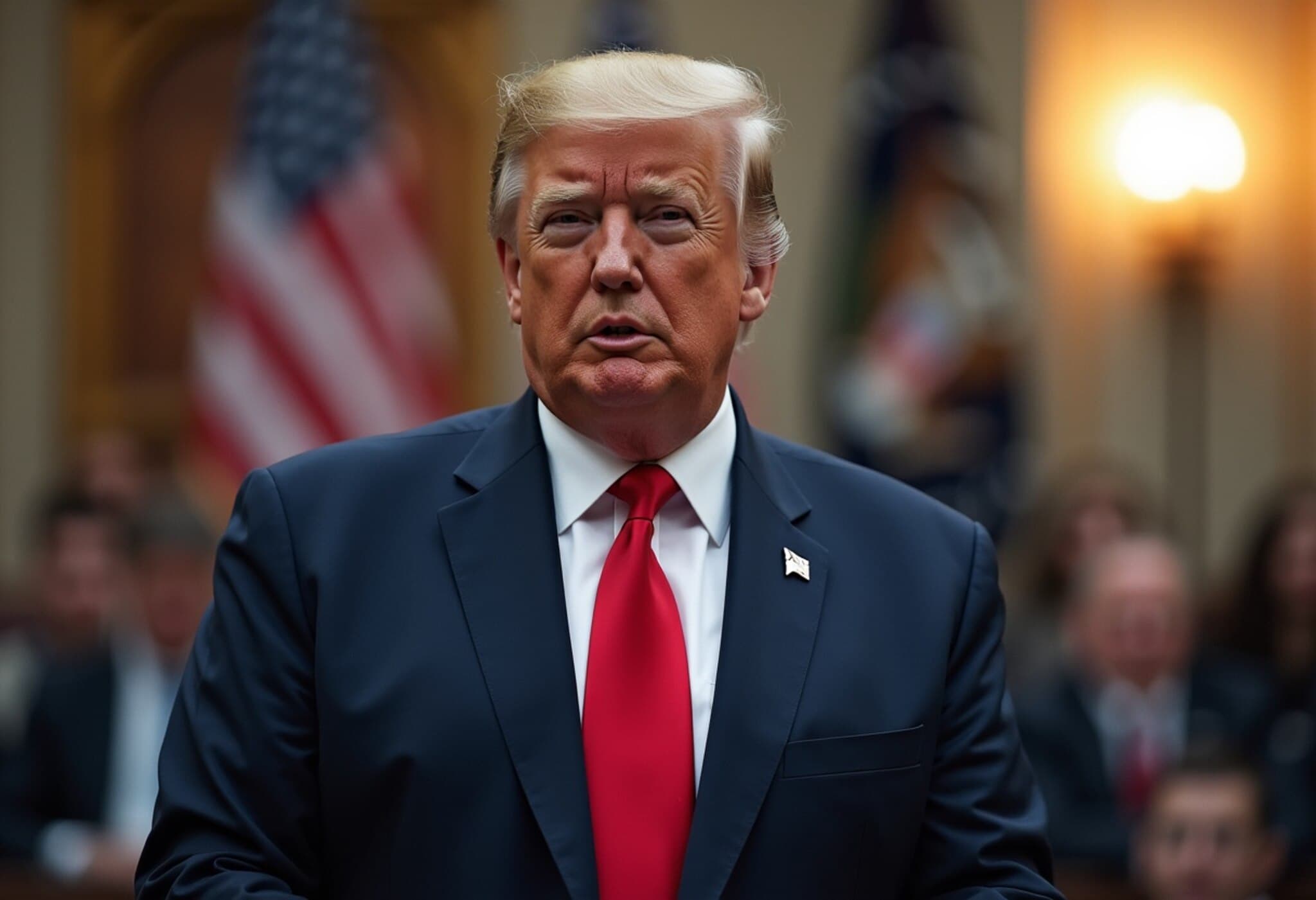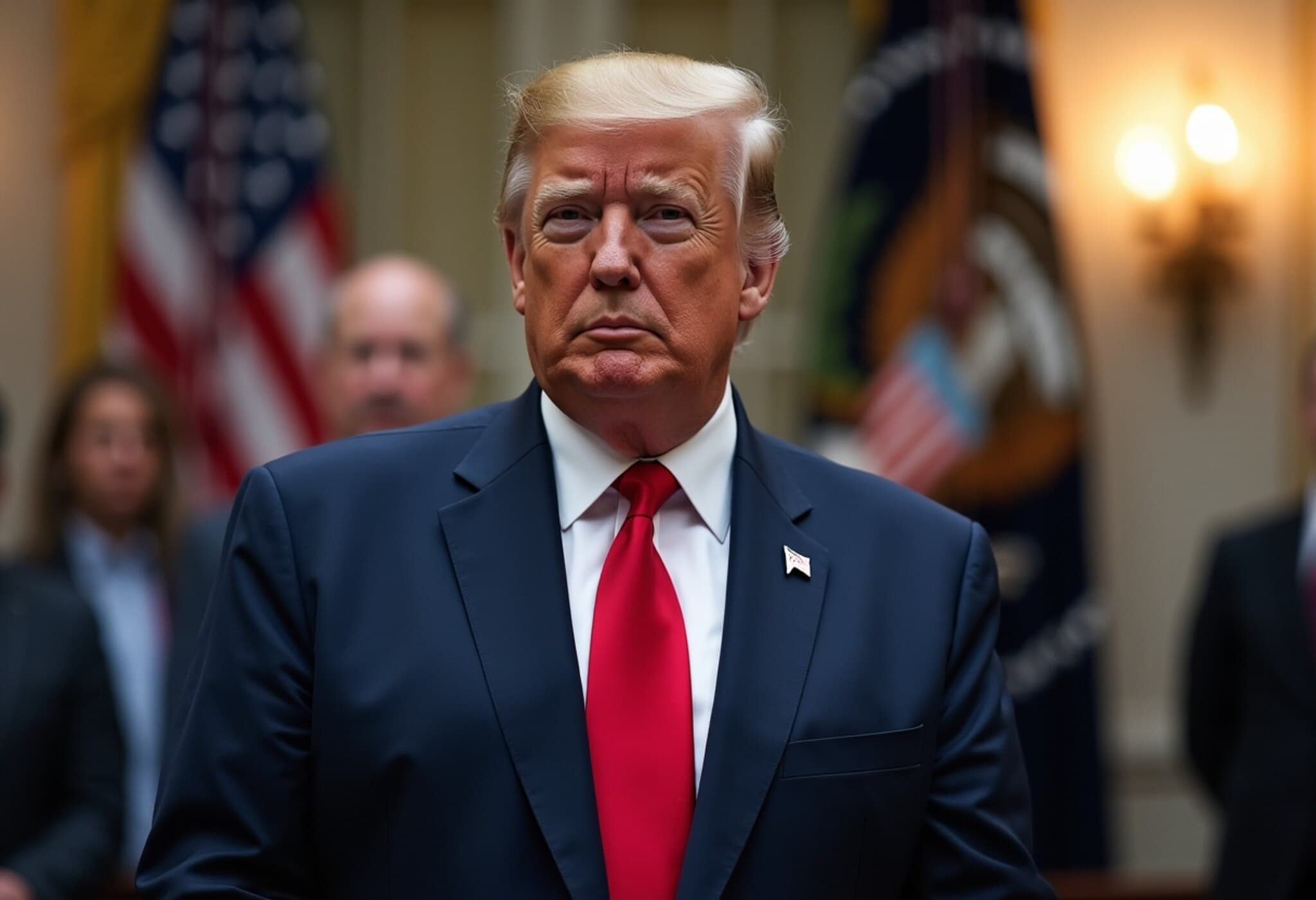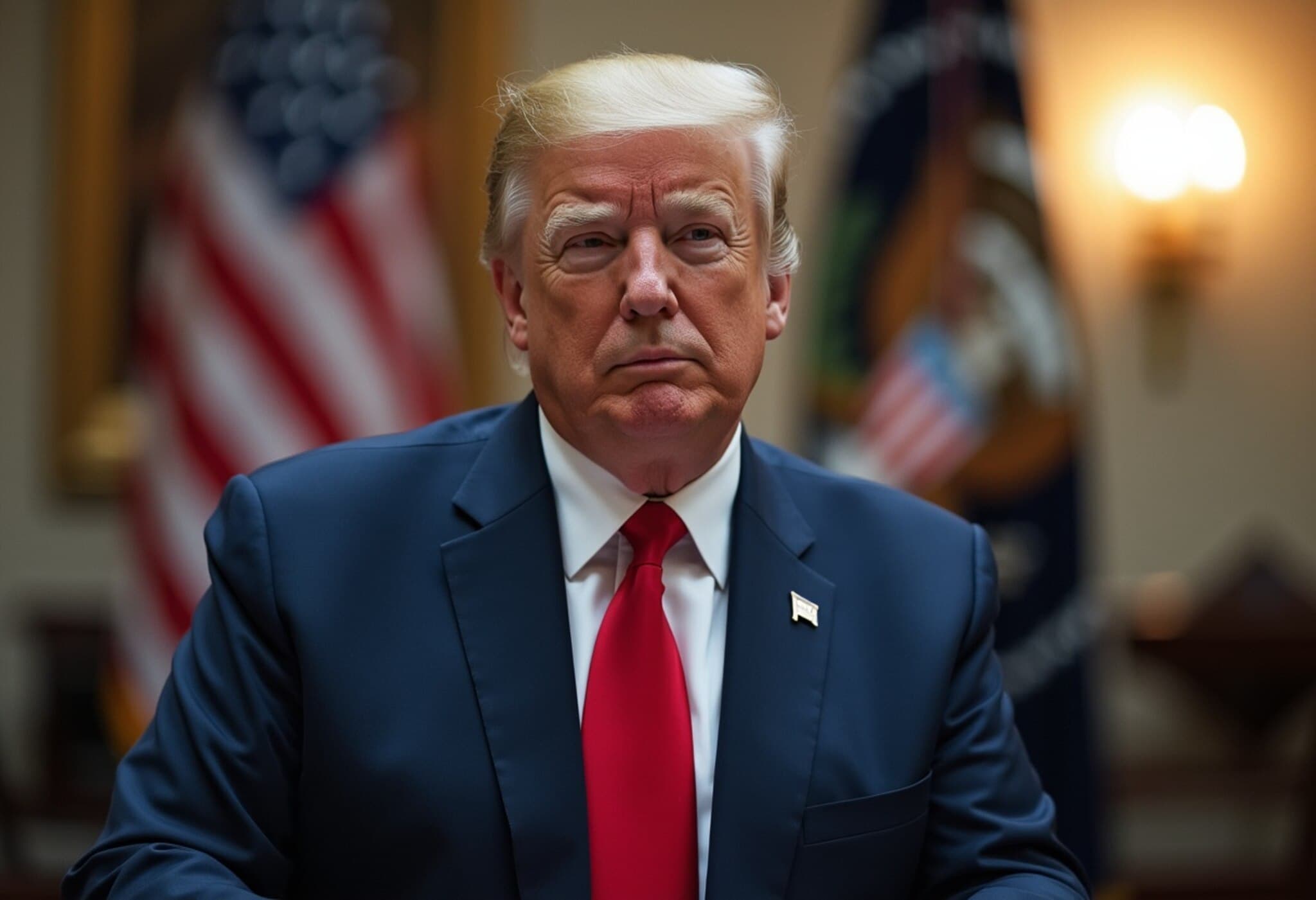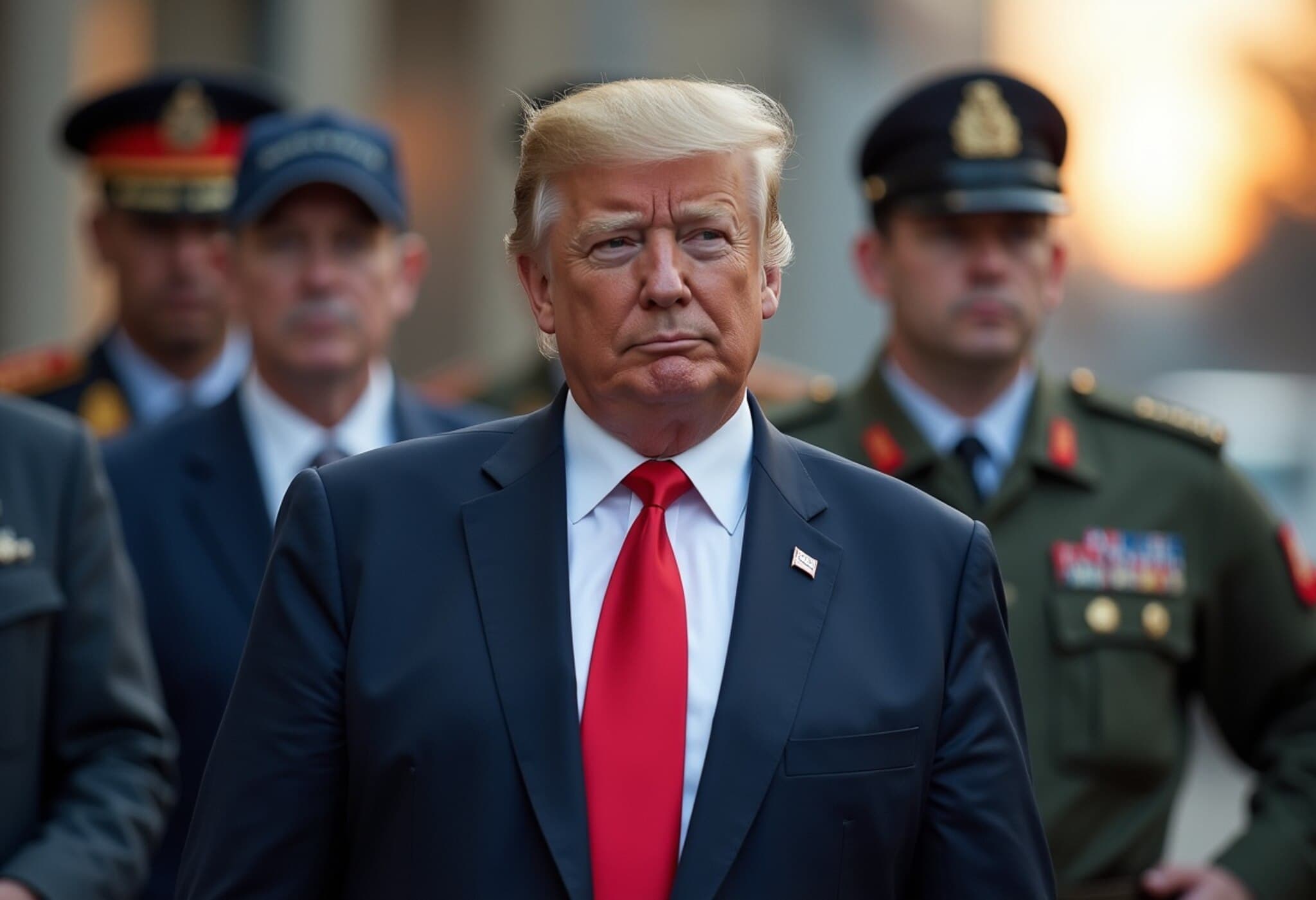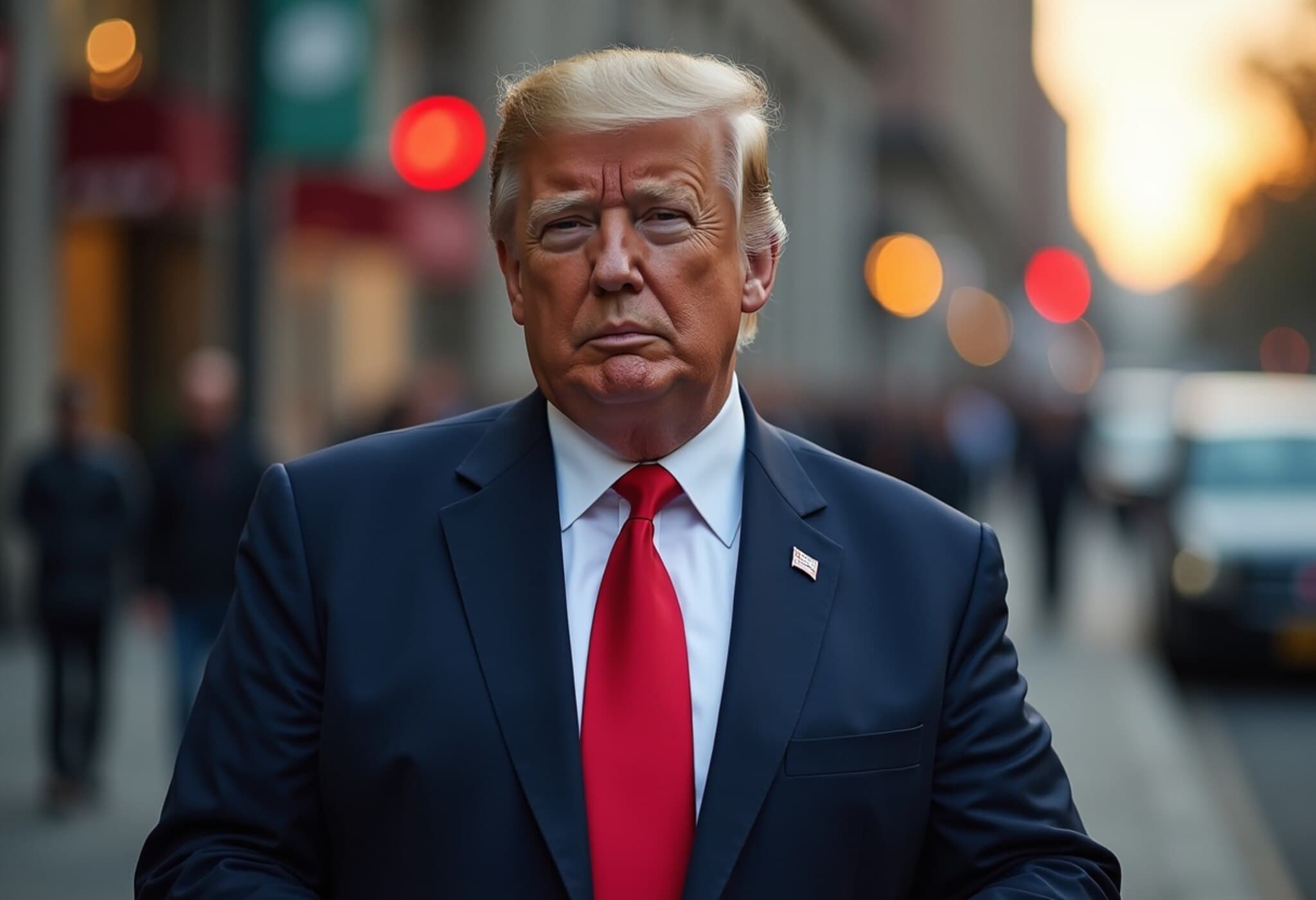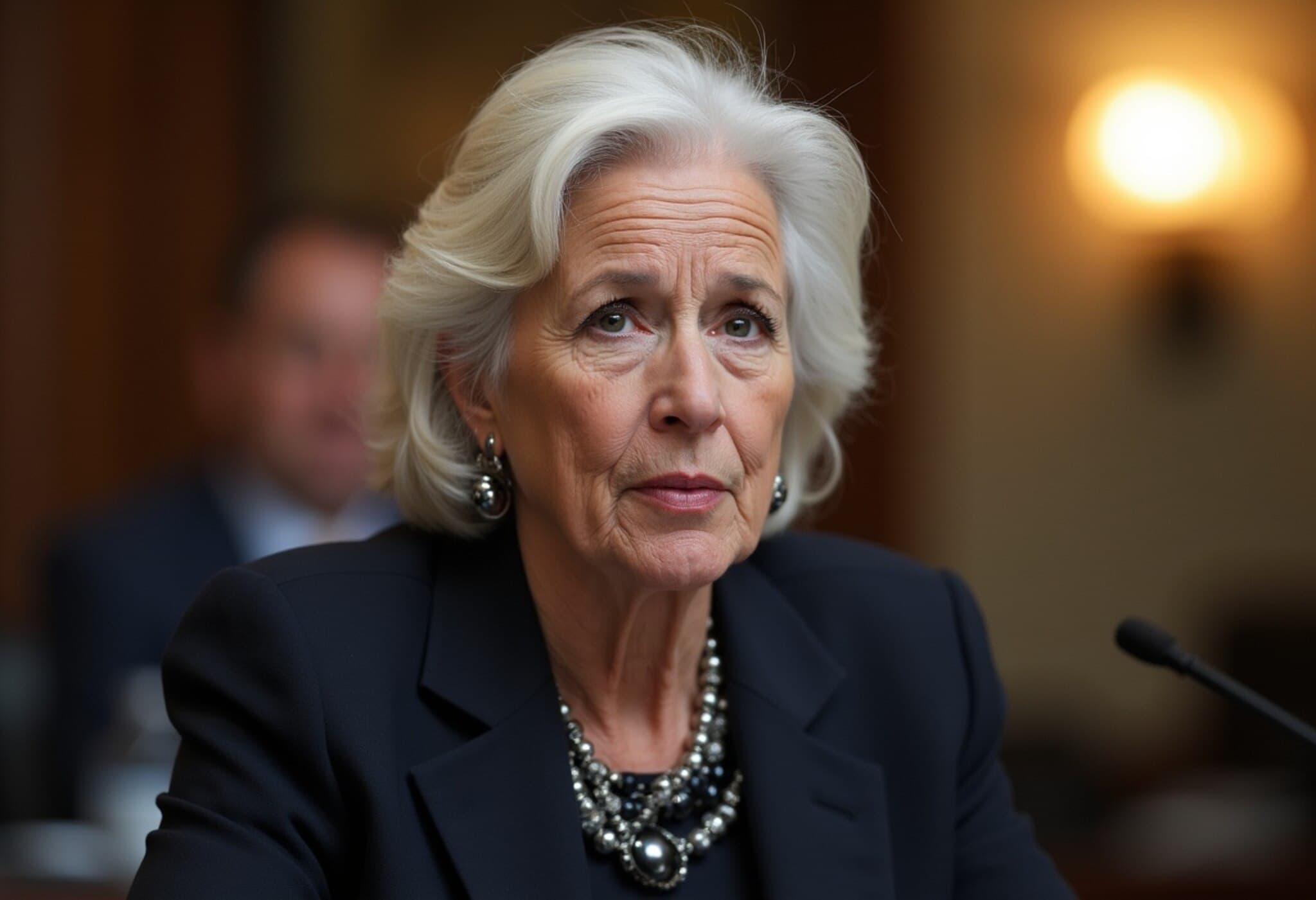Donald Trump Calls for Immediate Halt to Russia-Ukraine Conflict
In a marked shift from his previous stance, former US President Donald Trump has publicly distanced himself from Vladimir Putin and expressed a strong desire to see an end to the ongoing war between Russia and Ukraine. Speaking on July 15, 2025, Trump declared that his allegiance lies with "humanity" rather than any geopolitical faction, emphasizing the urgent need to stop the bloodshed that has claimed thousands of lives.
From Admiration to Disappointment: Trump’s Evolving View of Putin
For years, Donald Trump openly admired Vladimir Putin, lauding him as a "strong leader" and often highlighting their cordial conversations. However, as the conflict in Ukraine stretches into its fourth year with devastating humanitarian consequences, Trump has grown increasingly critical. He voiced clear disappointment over Putin’s relentless military offensives, noting that the Russian president’s actions have belied the promises made during their phone exchanges.
"I Am On Nobody’s Side... I’m On The Side of Humanity"
Addressing reporters, Trump emphasized his impartial humanitarian perspective: "I want to stop the killing of thousands of people," he said. This declaration moves away from his previously well-known approach of praising Putin, signaling a significant change in tone and intent regarding US-Russia relations amid the Ukraine crisis.
Insight from the White House: Melania’s Reality Check
During a meeting with NATO Secretary General Mark Rutte, Trump revealed a candid exchange with First Lady Melania Trump that reshaped his perspectives. After a phone call with Putin, Melania highlighted the grim reality of new Ukrainian cities under attack, prompting Trump to confront the harsh truths behind diplomatic pleasantries.
"I don’t want to say he’s an assassin, but he’s a tough guy," Trump commented, suggesting Putin had "fooled a lot of people" over time. This acknowledgment hints at a dawning skepticism that tempers earlier admiration, reflecting a personal and political reckoning.
New US Military Aid and Strong Economic Warnings
On the policy front, the former president announced a fresh military aid package for Ukraine, pledging billions of dollars worth of weaponry via European partners. Furthermore, Trump outlined a stringent economic warning directed at Russia: should no ceasefire materialize within 50 days, the US would impose secondary tariffs at 100%, escalating economic pressure to hasten peace negotiations.
Trump described his use of trade measures as a strategic tool, asserting, "It’s great for settling wars." This marks a pragmatic approach leveraging economic sanctions alongside military support to influence Kremlin policy.
Diplomatic Efforts and Challenges Ahead
Trump’s special envoy recently met with Ukrainian President Volodymyr Zelenskyy in Kyiv, underscoring ongoing diplomatic outreach. Despite past public criticisms of Zelenskyy as "ungrateful" — especially regarding prior US military aid under the Biden administration — this engagement signals a concerted effort to navigate complex diplomatic waters.
Complexities of Negotiating with Putin
Senator Lindsey Graham, a Trump ally, shed light on the former president’s six-month campaign to bring Putin to the negotiating table—an effort that unfortunately yielded little progress. Graham underscored Putin’s strategic miscalculation in expecting Trump to fold easily, noting the increase in attacks despite diplomatic overtures. This dynamic reveals the intricate interplay between political negotiation and military realities.
Expert Perspectives: The Limits of Diplomatic Trust
Military and policy advisers warn that Putin’s actions are deeply rooted in historic grievances and a refusal to accept Ukraine’s sovereignty—a stance unlikely to waver without significant pressure. Retired US Rear Admiral Mark Montgomery highlighted that substantive progress requires inflicting untenable costs on Russia's military capabilities or economic stability, rather than mere dialogues.
Looking Ahead: What Does This Mean for US Foreign Policy?
Trump’s evolving rhetoric—from admiring Putin to calling for severe sanctions and increased military aid—reflects a broader acknowledgment of the complexities facing US foreign policy amid the protracted conflict. His emphasis on humanity over geopolitical allegiances invites reflection on the ethical imperatives driving international responses to war.
Questions for Consideration:
- Can economic sanctions coupled with military aid realistically compel Russia to cease hostilities?
- How might Trump’s apparent shift influence future American diplomatic strategies toward Russia and Ukraine?
- What lessons does this episode offer about the challenges of negotiating with leaders like Putin?
Editor’s Note
Donald Trump’s candid acknowledgment of Putin’s duplicity and his pivot toward prioritizing humanitarian outcomes marks a significant development in US attitudes toward the Russia-Ukraine war. This nuanced shift underscores the limits of personal diplomacy in the face of entrenched conflict and highlights the growing importance of economic and military tools in contemporary geopolitics. For readers, it raises critical questions about the balance between engagement and pressure in resolving international crises.
Authored by the TOI World Desk: A team dedicated to delivering insightful, timely, and accurate global news to readers seeking a deeper understanding of international affairs.

